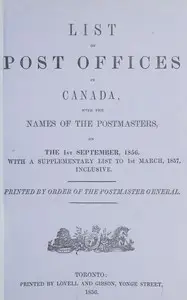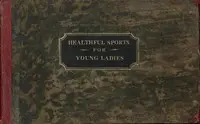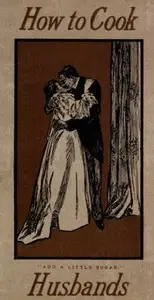"Advice to Young Men" by William Cobbett is a guide on personal and social conduct, written in the early 19th century. The work is structured as a series of letters addressing various stages and roles in life, including youth, bachelorhood, romantic relationships, marriage, fatherhood, and citizenship. Cobbett aims to impart practical knowledge and wisdom that he believes young people should acquire to lead fulfilling and responsible lives. The opening portion presents an introduction in which Cobbett outlines his intentions for the book, sharing insights from his life experiences to illustrate the importance of wisdom, hard work, and independence. He emphasizes the necessity of avoiding a life of dependency on others' labors and urges young men to value their own efforts for personal happiness and societal contribution. He discusses the dangers of vanity, pride, and indulgence while advocating for self-restraint and a sober approach to living. This section sets the stage for practical advice on how to navigate various life stages effectively, with a strong focus on self-improvement and integrity. (This is an automatically generated summary.)

Advice to Young Men And (Incidentally) to Young Women in the Middle and Higher Ranks of Life. In a Series of Letters, Addressed to a Youth, a Bachelor, a Lover, a Husband, a Father, a Citizen, or a Subject.
By William Cobbett
"Advice to Young Men" by William Cobbett is a guide on personal and social conduct, written in the early 19th century. The work is structured as a ser...
William Cobbett was an English pamphleteer, journalist, politician, and farmer born in Farnham, Surrey. He was one of an agrarian faction seeking to reform Parliament, abolish "rotten boroughs", restrain foreign activity, and raise wages, with the goal of easing poverty among farm labourers and small land holders. Cobbett backed lower taxes, saving, reversing commons enclosures and returning to the gold standard. He opposed borough-mongers, sinecurists, bureaucratic "tax-eaters" and stockbrokers. His radicalism furthered the Reform Act 1832 and gained him one of two newly created seats in Parliament for the borough of Oldham. His polemics range from political reform to religion, including Catholic emancipation. His best known book is Rural Rides. He argued against Malthusianism, saying economic betterment could support global population growth.















